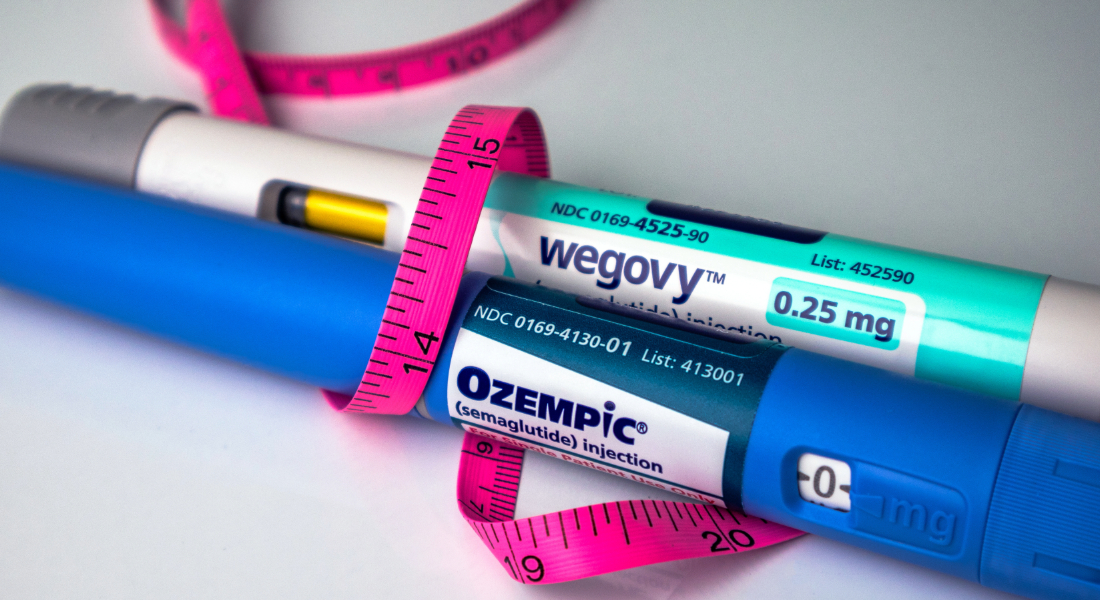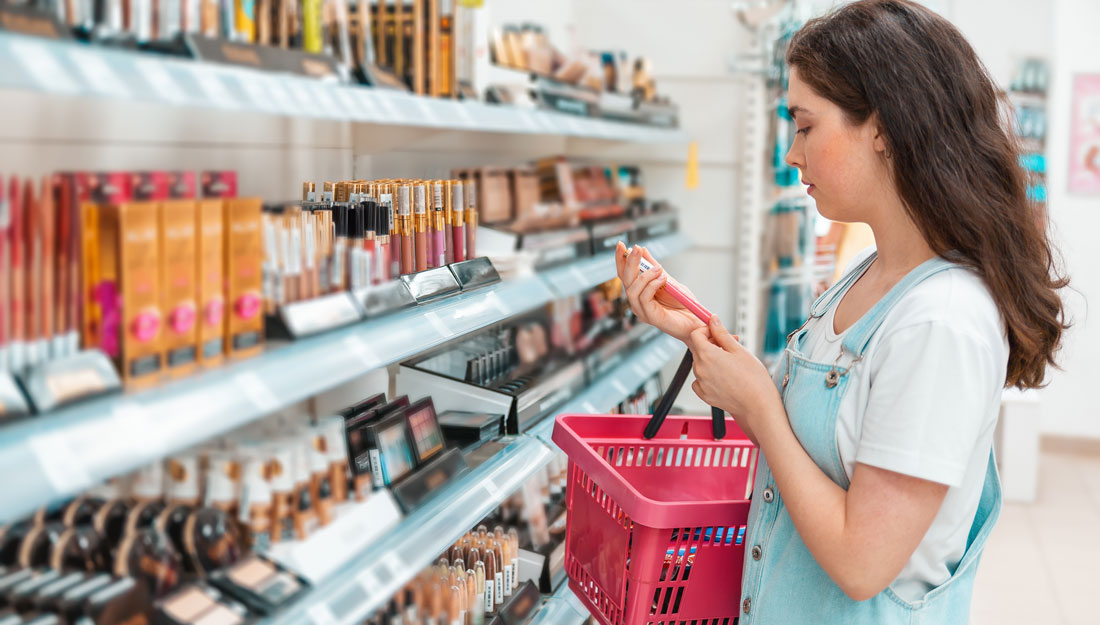Prescription drug abuse a growing problem
Prescription drug abuse is the intentional use of a medication without a prescription, in a way other than as prescribed, or for the experience or feeling it causes.
In 2010, estimates were that 7 million Americans used prescription drugs routinely for “getting high.” Most frequently abused are pain relievers, with more than 5 million people.

Unfortunately, the problem is growing. John Bowman, M.S., associate professor for pharmacy practice at the Texas A&M Health Science Center (TAMHSC) Irma Lerma Rangel College of Pharmacy, says the most prescribed drug in the United States is hydrocodone, an opium derivative found in Vicodin and Lortab.
The epidemic of prescription drug abuse results in many problems. Statistics show armed robberies of pharmacies rose 80 percent between 2006-2010, in some cases by addicts so desperate to get their drug of choice that they kill employees. Some worry that efforts to reduce availability of abused prescription drugs will result in more violent crimes. There also has been an increase in the number of car accidents in which illicit or prescription drugs of abuse were implicated.
Following marijuana, prescription drugs are the largest form of illegal drug use by teenagers in the country. The elderly also are prey to prescription drug theft in assisted living facilities and nursing homes, as well as in homes by unscrupulous careworkers. This type of elder abuse often goes unrecognized.
What can you do to combat prescription drug abuse?
“Keep your prescription drugs out of sight from children, teens and visitors in your home,” Bowman says. “If some of these could be abused, take extra care to keep them inaccessible by others. Use a pillminder to hold a week’s worth of your medications, and store the rest securely. If you have an elderly relative being cared for by others, be aware of what kinds of prescriptions they may be taking and how secure their medicine is from theft.”
Bowman also says to never give your prescription to others or save an unused portion for later use. Take it to your police station for proper and environmentally safe disposal.
Media contact: media@tamu.edu


